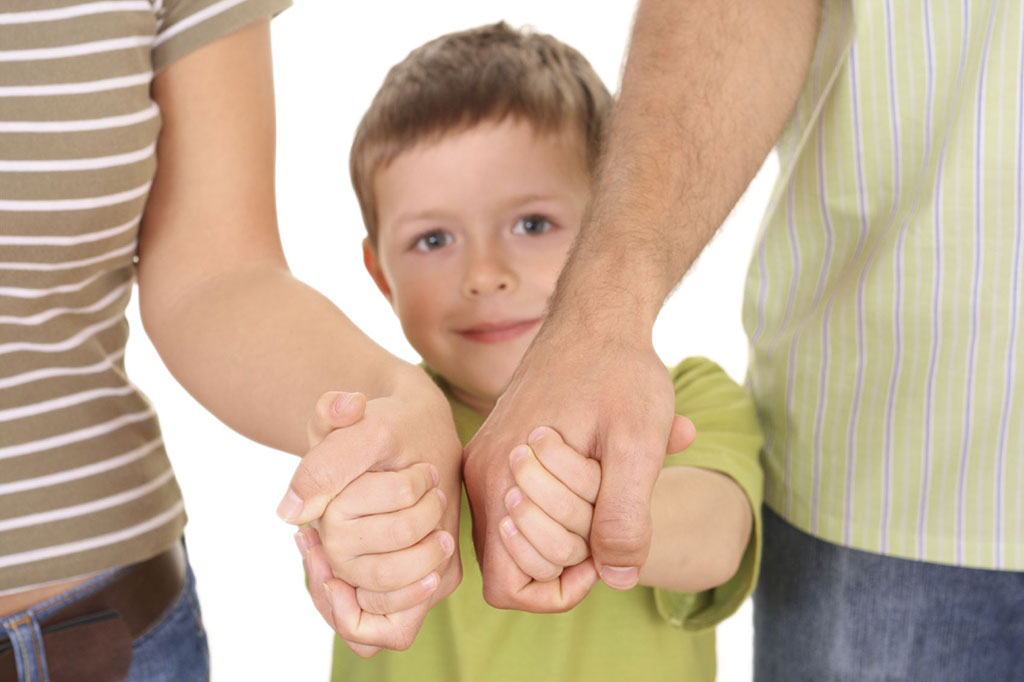
In recent years I have met with increasing numbers of children who are coming to me with issues related to their parents separating or divorcing. It has become evident that these children have no recourse for the suffering they undertake at the hands of their typically, well-meaning parents. Although the separation/divorce is a legal issue the collateral damage suffered by the children is not. These children are not being physically mistreated nor are they being neglected per-se. All of the parents I’ve spoken with tell me that they would do anything to protect their children and I know they believe they mean it. I also believe that they truly do not understand how their behavior is affecting their children.
Separation/Divorce represents significant change in the life of all members of a family including that of the extended family (aunts, uncles, grandparents, cousins, etc.). The event is most often announced only after a time of turmoil in the core family. Fear of an uncertain future tends to grow as a decision to separate is announced. It seems to be a rare event when both parents agree to separate and are confident in their decision. It is more likely that one parent or the other has made the decision, which is then told to the other. At times the unhappiness is hidden or ignored consciously but it tends to sit in the shadows of shame and grows until its unmanageable (sometimes resulting in an extra- marital affair which adds to the emotional pain).
Children are emotional sponges – they feel us. They do not necessarily understand marriage or divorce but they do know that they prefer to feel good and are very sensitive to people and events that result in their feeling bad. They, like most of us, feel confused when the words they receive conflict with the emotions they feel.
Parents who separate/divorce well tend to be fairly emotionally intelligent. They are able to differentiate between their children’s parent and their ex-spouse. They do not speak ill of their children’s father or mother and know that how they feel about their ex is their issue not their children’s. They understand that the child’s relationship with each parent and their extended family is important. Parents with well-adjusted children post-divorce sit on the same bleachers at the soccer game; they speak respectfully to each other in front of their children and their children’s extended family. These parents deal with their own emotions as step parents or step siblings are introduced, rather than feeling the need to discuss it with their children. Both parents (and their partners) go to school events; they go to sporting events and support their children. Some even eat Thanksgiving dinner (and/or other ‘family’ events) together and they enjoy it.
Well-adjusted kids can talk openly about the things they did at mom’s or dad’s without concern for the feelings of the parent they are addressing. These children enjoy the freedom of sharing both of the lives they live without being emotionally shutdown. Children report being worried when their parents interact, as they are afraid there will be a fight. They (children of all ages) feel stressed and confused when one parent talks negatively or complains to them about the other parent. I’ve met many adults who still carry the pain of having had to provide their parent with emotional support as children. Children (typically) need to have their own relationship with both parents.
I have asked a number of children from divorced families what advice they might have for the parents who are divorcing. Their responses were:
- Be nice to each other it hurts your children when you’re not.
- Spend one on one time with the older kids.
- Call your kids at the other parent’s house to talk to them but don’t fight with the parent.
- Don’t lie to your kids – we know when there is something wrong.
- Keep your parenting styles similar.
- Let kids have a say on what they want.
- Pay attention to your child when they are at your house (put away the cell phones).
- Talk to your kids and get to know them as people.
- Let kids talk to the parent one on one and not always with the step parent present.
- Tell kids to talk to their parents, if the parents are listening, if not, talk to another trusted adult.



